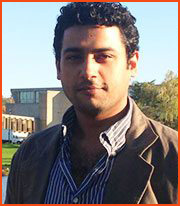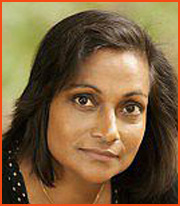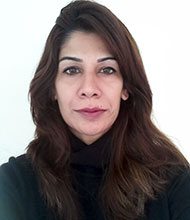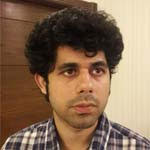Keynote Speech
The Impossibility and Possibility of a Just Post-Colonial Development
Abstract
With the creation of politically independent states in the third world, intellectuals, scholars, policy makers and political parties in these countries turned from issues of national liberation to development. In raising a new flag, creating a national coat of arms and composing a national anthem, it was imagined that a new economic order could be created, one that was different from the colonial economic order, which was clearly unjust. The injustice of the colonial system was clear for all to see, so obviously marked by the racial hierarchy which it imposed on colonial societies. In law and practice, Europeans were considered superior and thus received higher wages, prices for their goods, better accommodation etc. than the native population. To distribute economic benefits in this manner required a particular structuring of the economy, the ecology, language and history. While independence wiped out the unjust colonial practices of racial hierarchy in law (even if not always not necessarily in practice), it did little in most countries to change the economic, ecological and language structures that underpinned the unjust practices. Post-independence leaders therefore inherited an unjust economic system which they initially gallantly tried to make serve the broad populations but with little success. This paper will explore the ways that this inherited economic, social, language and ecological structure transmitted colonial injustice into the present and ultimately how that transmission of injustice and the structure of the economy led to the moribund performance of African economies, and the failure to improve the well-being of the vast majority of the population.
Profile
Dr. Mwangi wa Gĩthĩnji is Associate Professor of Economics at University of Massachusetts-Amherst. He was Chair of Africana Studies and Associate Professor of Economics at Gettysburg College from 2002-2006, and has over 15 years of experience as an economist. Primarily focused on the areas of Development, Environment and Political Economy with particular attention to Africa, Mwangi is most interested in issues of class, gender and income distribution in relation to agrarian transition. He is the author of Ten Millionaires and Ten Million Beggars (Ashgate Press, 2000) which examines issues of income distribution, class and gender in Kenya; in addition he has published journal articles and book chapters on economic development in Africa. Mwangi has consulted widely for UN agencies on economic issues in African countries and the region as a whole.








